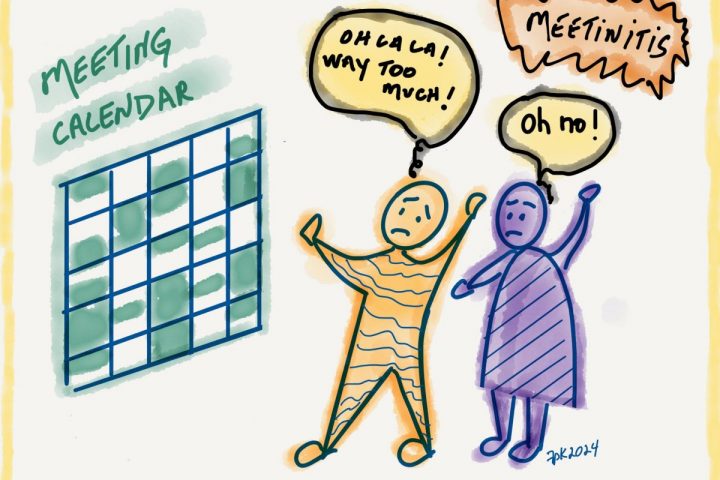
Dan Pink knows something about what motivates us. In this RSAnimate video he shares some surprising findings about what really moves us to perform better, to do our best, to stretch ourselves.
His most general finding is that for all but purely mechanical tasks – that is, for anything that requires a bit of conceptual or creative thinking – higher monetary rewards do not improve performance. In fact, they actually reduce performance!
Pink’s research finds that when people are paid enough so that the issue of money is off the table – that is, so that they are thinking about the work, and not the money – more money does not increase performance. Instead, performance is affected by three primary factors: autonomy, mastery, and purpose. And, these factors improve personal satisfaction as well as work performance.
System designs for self-managing organizations would therefore be wise to provide adequate autonomy, mastery, and purpose for everyone involved. In particular, the Sociocratic Circle Method (SCM) is a mature and tested self-management system that implements these motivating factors in multiple ways.
Autonomy is our desire to be self-directed, to choose our own course. In a sociocratic organization, circles – equivalent to divisions, departments, working groups, committees, teams, and so on – have considerable autonomy. They make their own policy decisions within their domain of work – they decide how to best do whatever it is they do, as well as how to measure and improve their performance. They elect their fellow members to roles and tasks within the circle.
Contrast this with organizations where a team, group, department or division is “managed” by some other person or part of their organization. Their autonomy is considerably more limited, if they have any at all. They do not get to decide how to best do what they do – someone else tells them, and performance (as well as possibly morale and collaboration) suffers.
Mastery is, as Pink puts it, our “urge to get better” at doing things. This is, for humans, satisfying – or what we might simply call “fun.” We actually like a challenge, at least some of the time.
In a sociocratic organization, getting better at what we do is built into the organizational system. In a circle, we consistently measure and evaluate what we’re doing, and look for ways to do it better (whatever “better” means for us and what we do). This is true for a circle as a whole, and for each member of a circle.
These opportunities for mastery are further leveraged by the circle’s significant degree of autonomy. It’s not some other person or group that is telling us how to do what we do better – it’s us satisfying our own “urge to get better” at what we do. We may even contribute to mastery for others, by discovering some improvement in our work that can be adapted to what other circles are doing. And likewise they may contribute to our increasing mastery.
Purpose in an organization provides multiple benefits. For one, it attracts people who identify with that purpose, who have some similar idea of what is important and why. They are then working for more than just money – they are working for something they themselves “believe in,” thus often working with more commitment and energy.
There is empirical evidence aplenty that when profit and purpose get separated – or when profit is the only apparent purpose – businesses actually do worse, not better, financially and otherwise. Pink points out several ways this may happen, and readers can no doubt identify more from their own experience.
A sociocratic organization explicitly pays attention to purpose, through the organization’s vision, mission and aims. Each circle in the organization has clearly defined aims to which all circle members have consented. Collectively, the aims of the circles within an organization fulfill the organization’s overall aims. In other words, everyone knows what the purpose of the organization is, as well as knowing their role in fulfilling that purpose. Aims are not abstract or vague – they are tangible products or services the organization produces or provides.
Structures and processes that provide members with autonomy, mastery and purpose are built into sociocratic organizations. Such organizations by their very nature invite us to do our best, to perform better, to excel at whatever we do as a part of them.



